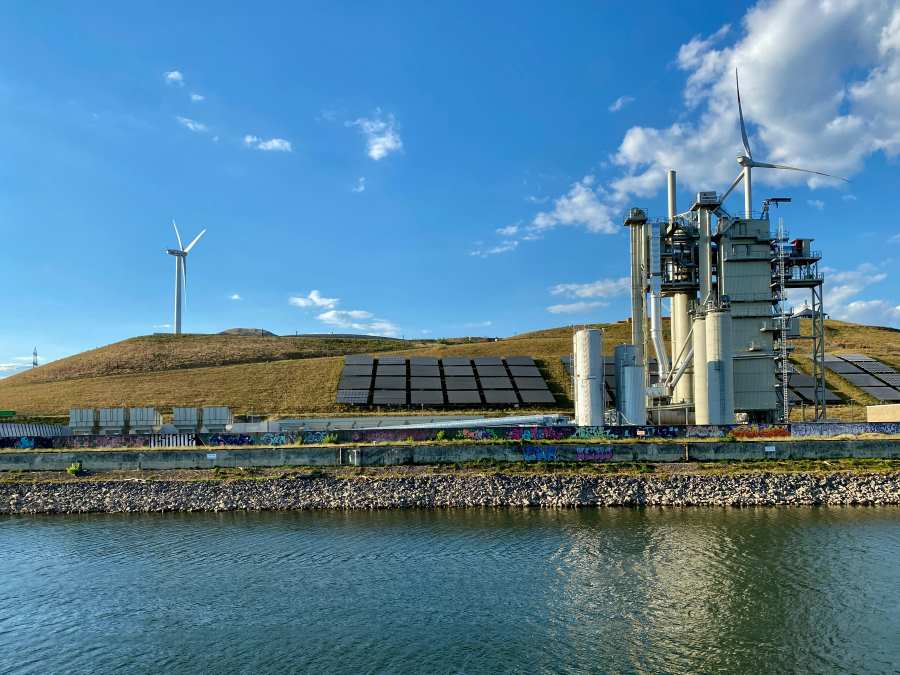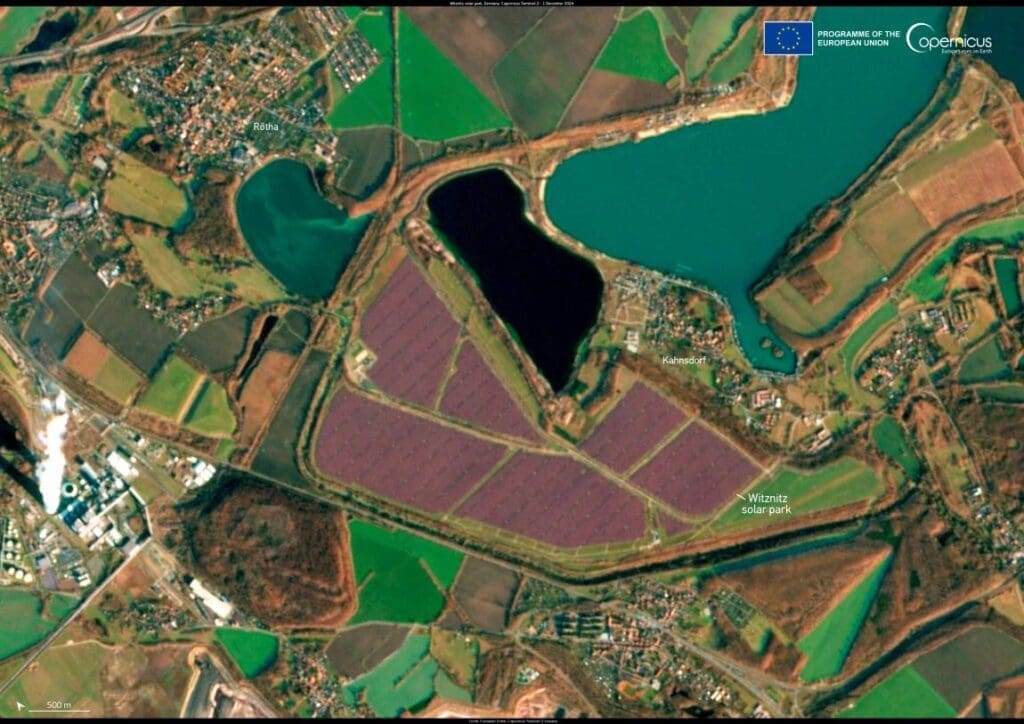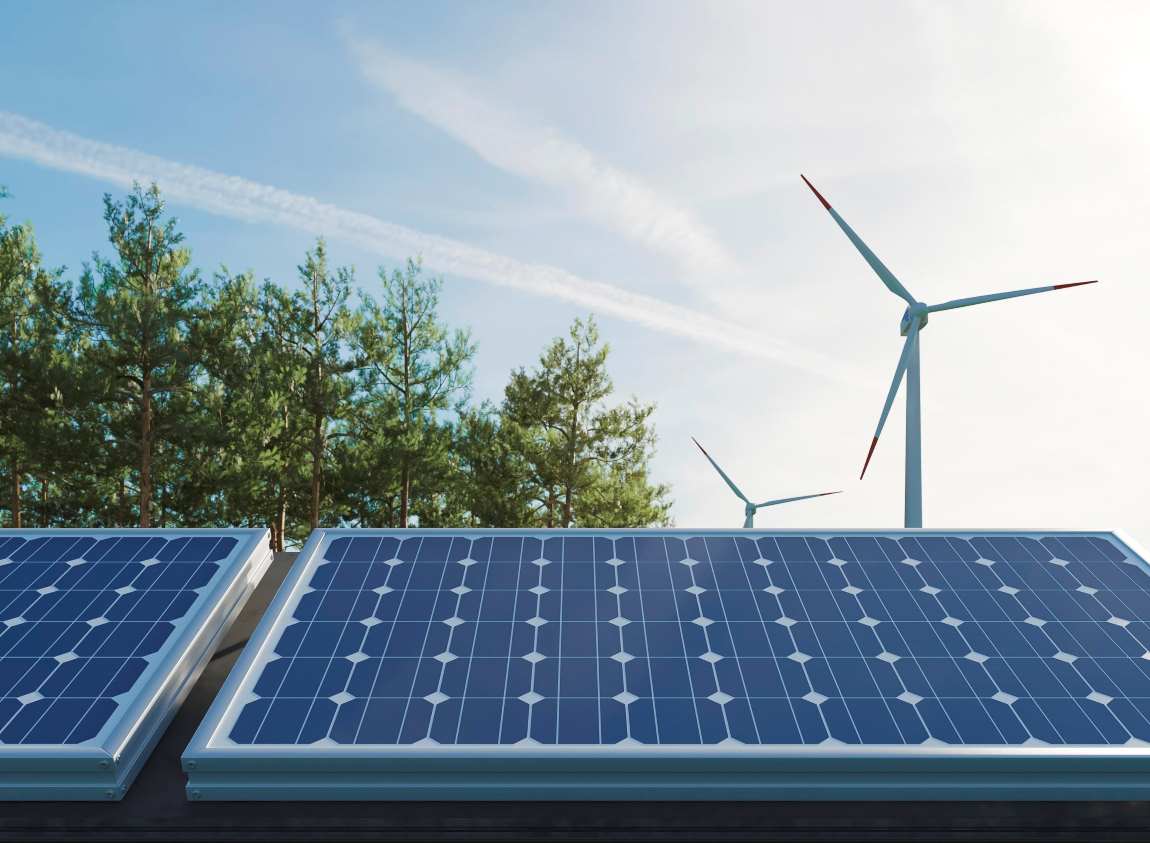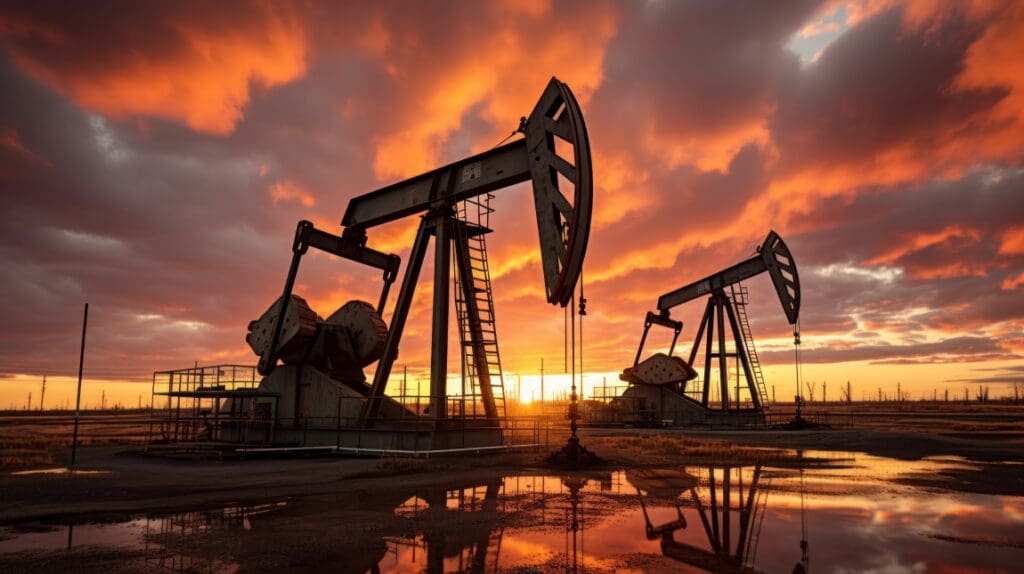By Jastinder KHERA
Berlin, Germany | AFP – German greenhouse gas emissions fell again last year but at a slower rate, due to lagging green energy investment by industry and households, a climate think tank said Tuesday.
Emissions in Europe’s biggest economy fell by three percent in 2024, a “marked slowdown” from a 10-percent drop the previous year, said a study by Agora Energiewende.
Germany reflects a wider trend across the European Union, where a 3.8-percent emissions drop is expected for 2024, after an eight percent fall in 2023.

However, the study said that Germany’s 2024 emissions total of 656 million tonnes did represent a “historic low” and that the year’s 18 million-tonne drop was larger than the emissions target enshrined in domestic law.
National emissions are down 48 percent from 1990 levels, nearing the EU target of a 55-percent cut by 2030.
But progress continues to lag in sectors such as transport, construction and building use where the think tank warned there is “an urgent need for action”.
Meanwhile industrial emissions actually saw a slight rise of two percent despite Germany’s general economic stagnation.
When burned, fossil fuels emit greenhouse gases such as carbon dioxide that trap heat near the Earth’s surface — a phenomenon blamed for making 2024 the hottest year in history.
Investment held back
Agora Energiewende said that 2023’s sharp drop was largely attributable to a slowdown in Germany’s ailing industrial sector, where emissions fell 12 percent, and not to long-term changes in production methods.
This seems to be borne out by the latest figures; with the German economy predicted to have shrunk less rapidly in 2024, sustained industrial emissions have dragged down the overall picture.
Agora Energiewende noted that “in contrast to the electricity sector, no structural progress was visible in industry, building use and transport”.
“On the contrary, investments in climate-neutral technologies actually went backwards in comparison with the previous year,” the think tank said.
Germany will hold an early general election on February 23 following the recent collapse of Chancellor Olaf Scholz’s coalition, and the study noted that economic and political uncertainty is holding back investment by both households and businesses.
Sales of heat pumps were down 44 percent on the previous year, and new electric vehicle registrations down 26 percent.
The slight fall in emissions from building use was only due to milder winter weather resulting in reduced need for heating.
Climate ‘burdens’

Eighty percent of last year’s emissions fall was thanks to record high production of renewable energy and the continued closure of coal-fired power stations.
Germany’s energy regulator said on Friday that renewable sources such as wind, solar and biomass had risen to 59 percent of electricity generation from 56 percent.
“In the electricity sector, the climate protection measures taken in recent years are increasingly bearing fruit,” said Agora Energiewende director Simon Mueller.
He appealed to political parties now campaigning for elections to take the electricity sector as an example of what needs to be done in the rest of the economy.
“Every gas heating system we install and every combustion engine that goes into service is a burden in terms of climate policy because the lifespan of these appliances will end around the time where we must become climate neutral,” Mueller said in a press conference.
The conservative CDU/CSU opposition, currently riding high in opinion polls, has said it would reverse the planned phase-out of combustion engine vehicles.
The extent to which public funds should be used to support the green transition is a key dividing line between Scholz’s Social Democrats, who advocate more investment, and the CDU/CSU, which opposes major new spending.
Mueller said that Germany’s next government must provide “clarity that the transition to climate-neutral technologies will be simple and affordable for all”, for example by “increasing support for electric vehicles”.
smk-jsk/fz
© Agence France-Presse
Featured image credit: Freepik




